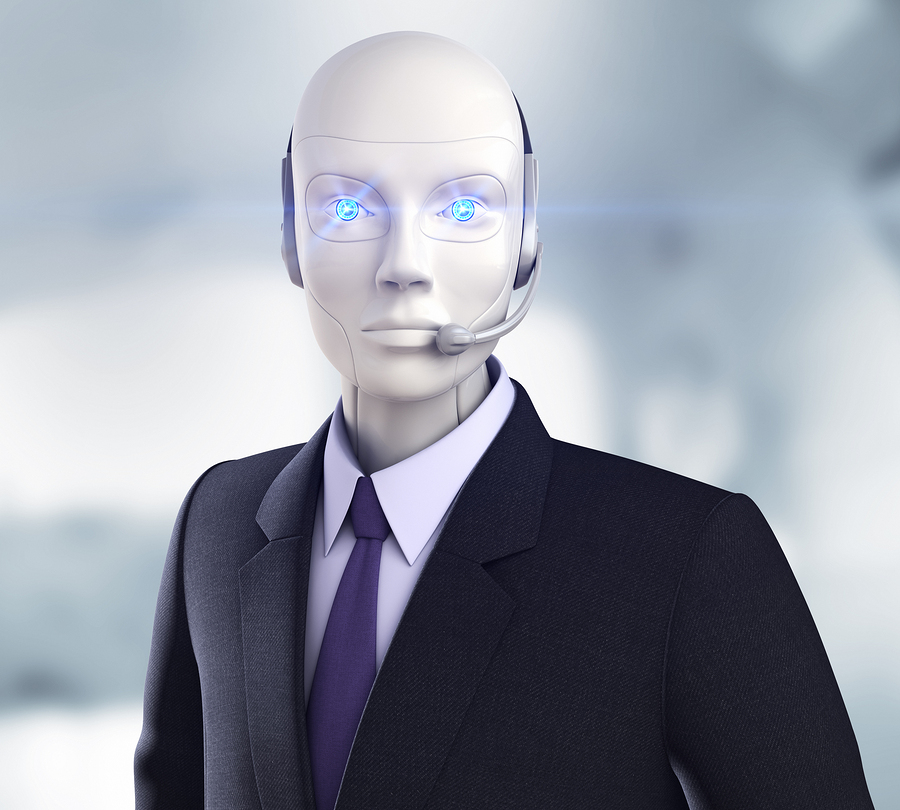In 1951, British mathematician and code breaker Alan Turing wrote a paper in which he outlined a test called “the imitation game”. Its goal was to test whether a computer or machine would be able to respond like a human being so well that a human judge would be unable to identify that it was, in fact, an artificial intelligence.
This test wasn’t actually applied until 1991 when it gave birth to an annual contest, but no AI passed until 2014, when a computer pretending to be a 13-year old boy was mistaken for a human being 33% of the time – the threshold to pass being 30%.
While the validity of the imitation game has been fuelled by controversy ever since it was published, it nevertheless raises interesting points, namely how complex human interaction is. Robots and automation may have made our lives easier, but when it comes to call centres, are they a viable replacement for human staff?
From a call centre management point of view, you could see the appeal of having “staff” available 24/7, who don’t get sick, never go on holiday and don’t require incentives and bonuses. Financially, it is a dream come true.
However, even the most developed computers can only deal with situations they are programmed for and have therefore limited ability to improvise, which means that they wouldn’t be able to handle anything but standard queries and certainly not mistakes, emergencies or glitches.
But, more importantly, the fact remains that we, as a species, are wired for interaction and, given the choice, we will always prefer to talk to another human being.
As we discussed in previous articles, call centre staff deal with customers’ feelings arising from issues as well as the specific issues themselves, and computers can’t (yet) feel empathy. Scripted, insincere sympathy from a call agent will usually provoke increased anger, so imagine the frustration customers would feel at being delivered standardised responses in a robotic voice trying to pass for human! It is unlikely to have a positive effect on your brand!
It seems clear that, in order for computers to replace call centre staff, they would have to be so sophisticated that callers wouldn’t realise that they are not human. Even the winner of the 2014 Turing test couldn’t fool judges 67% of the time so we seem to be a long way off this scenario.













